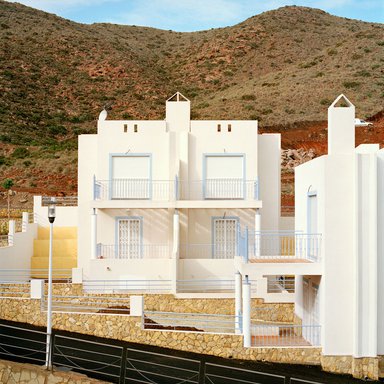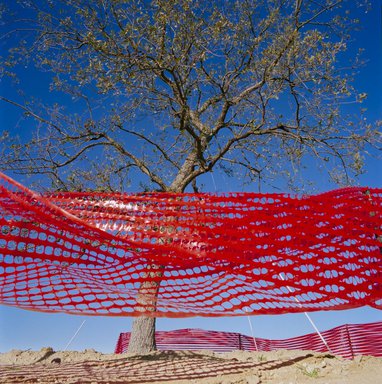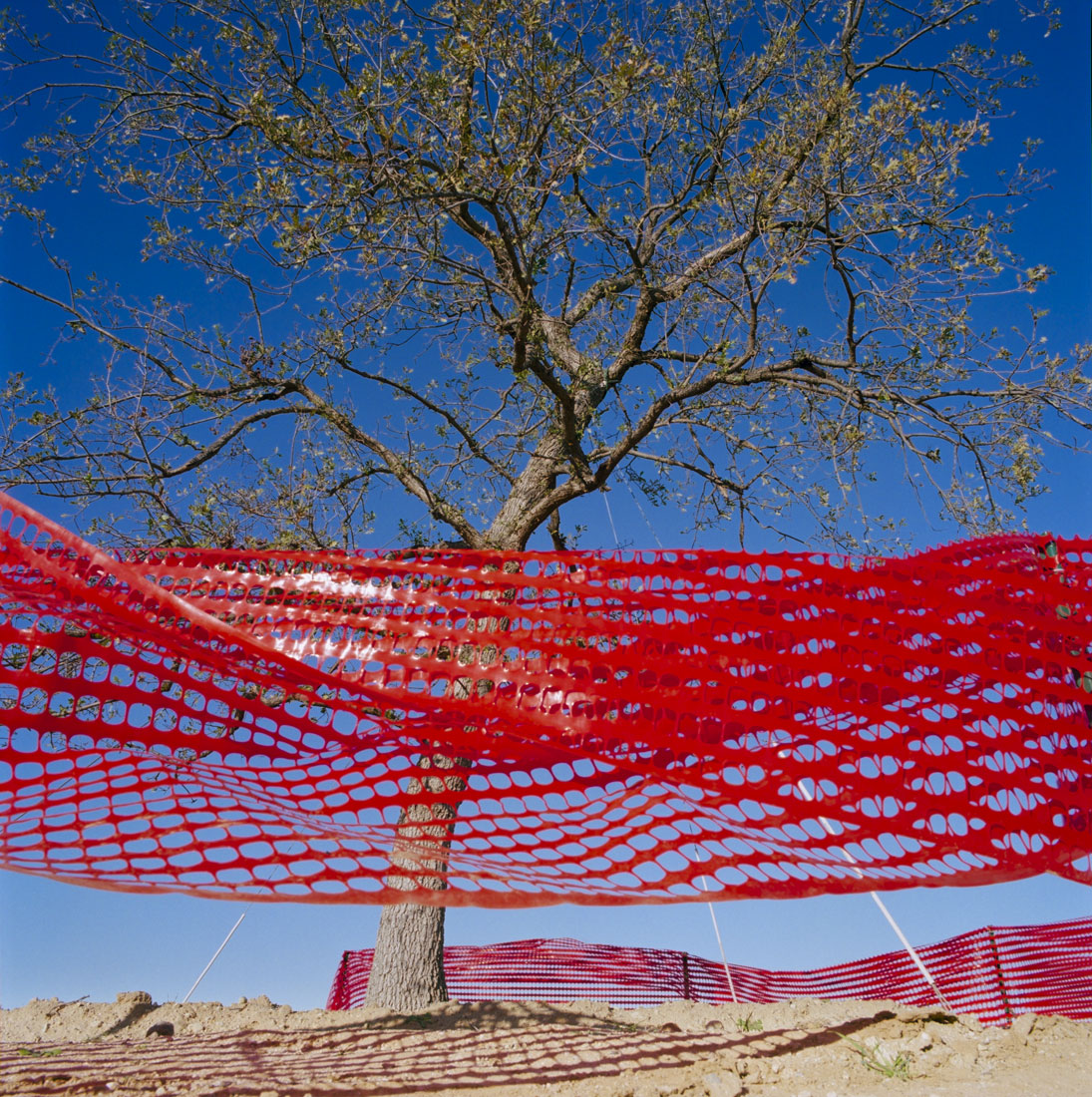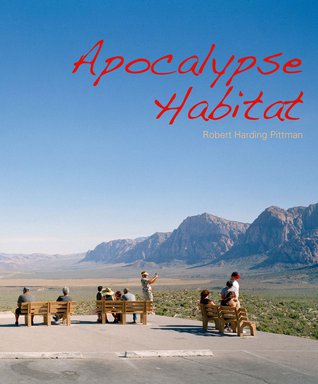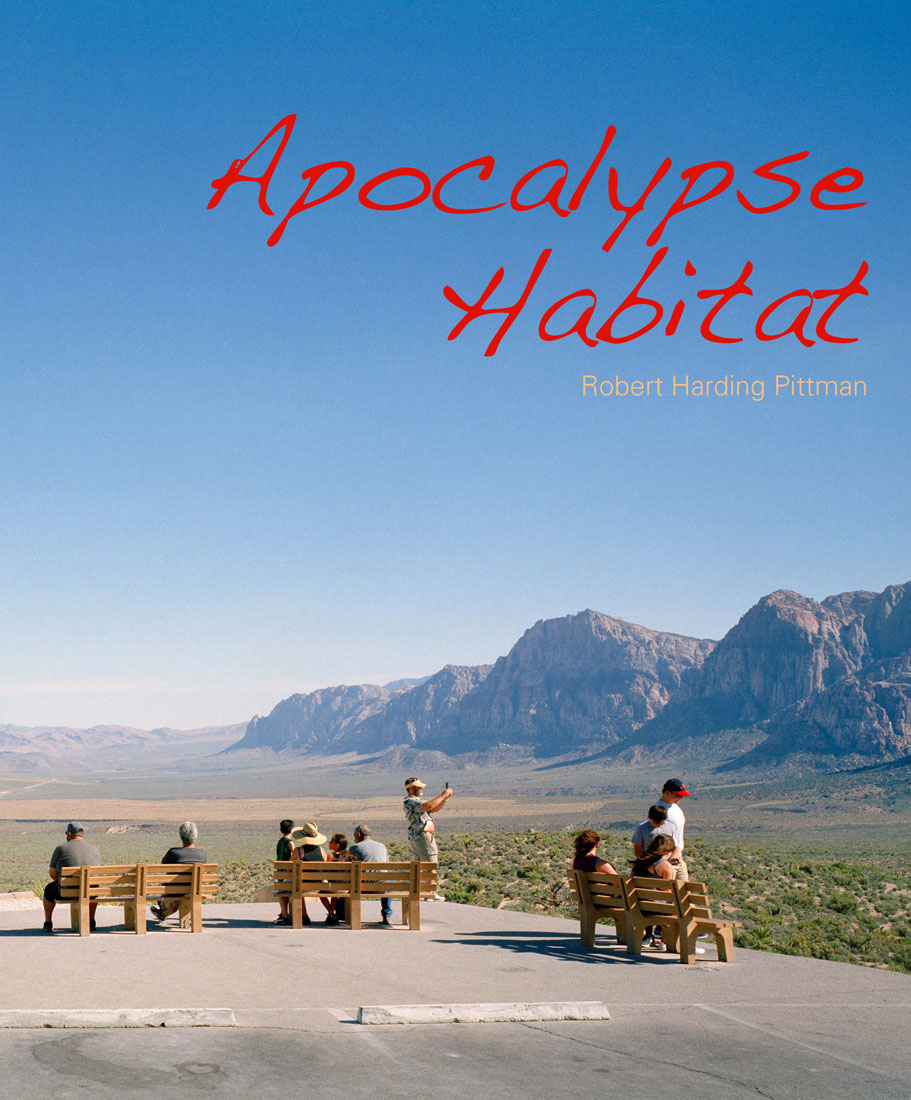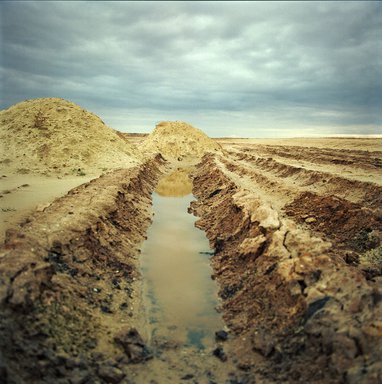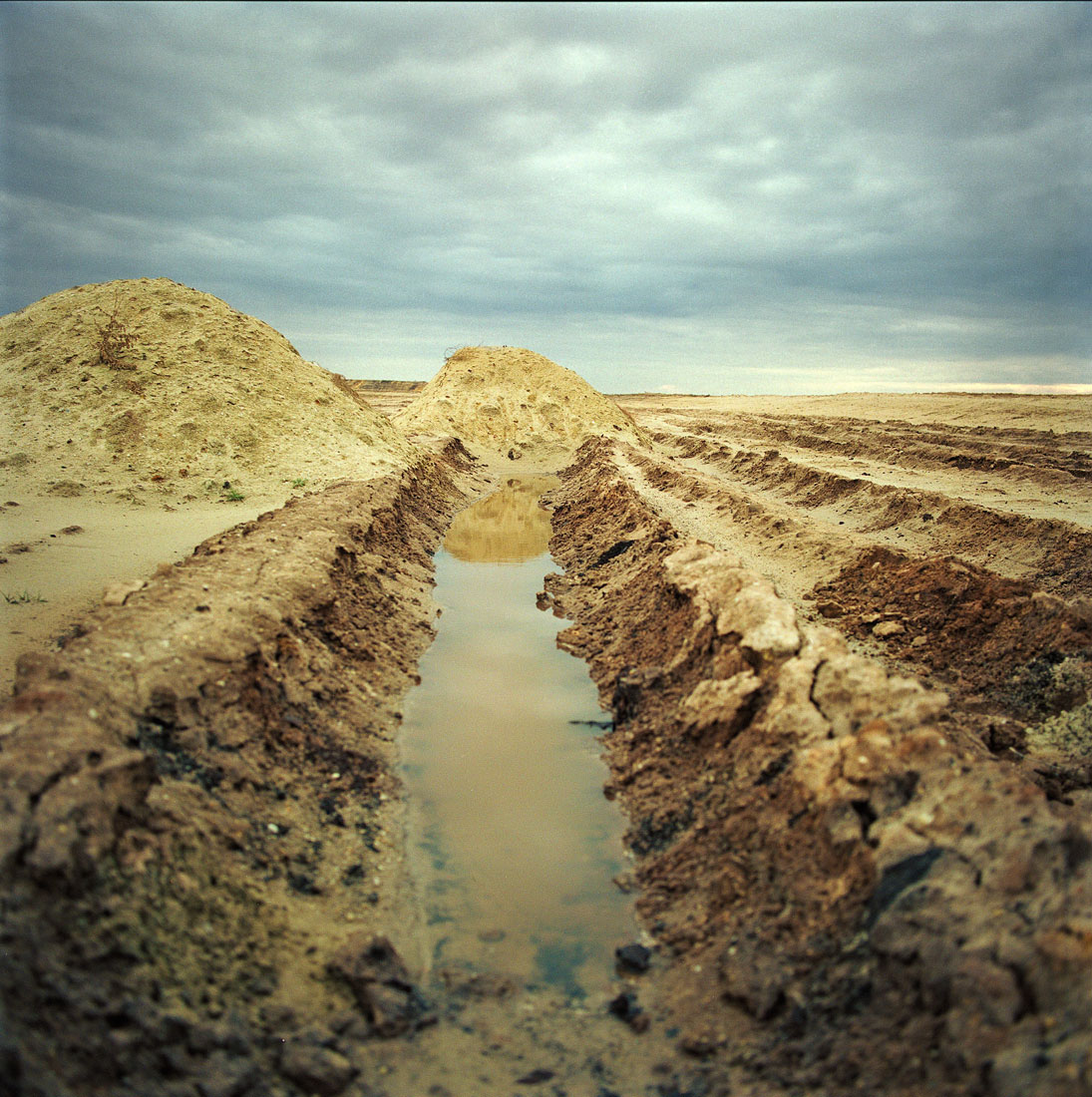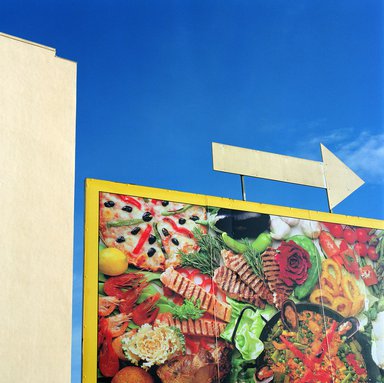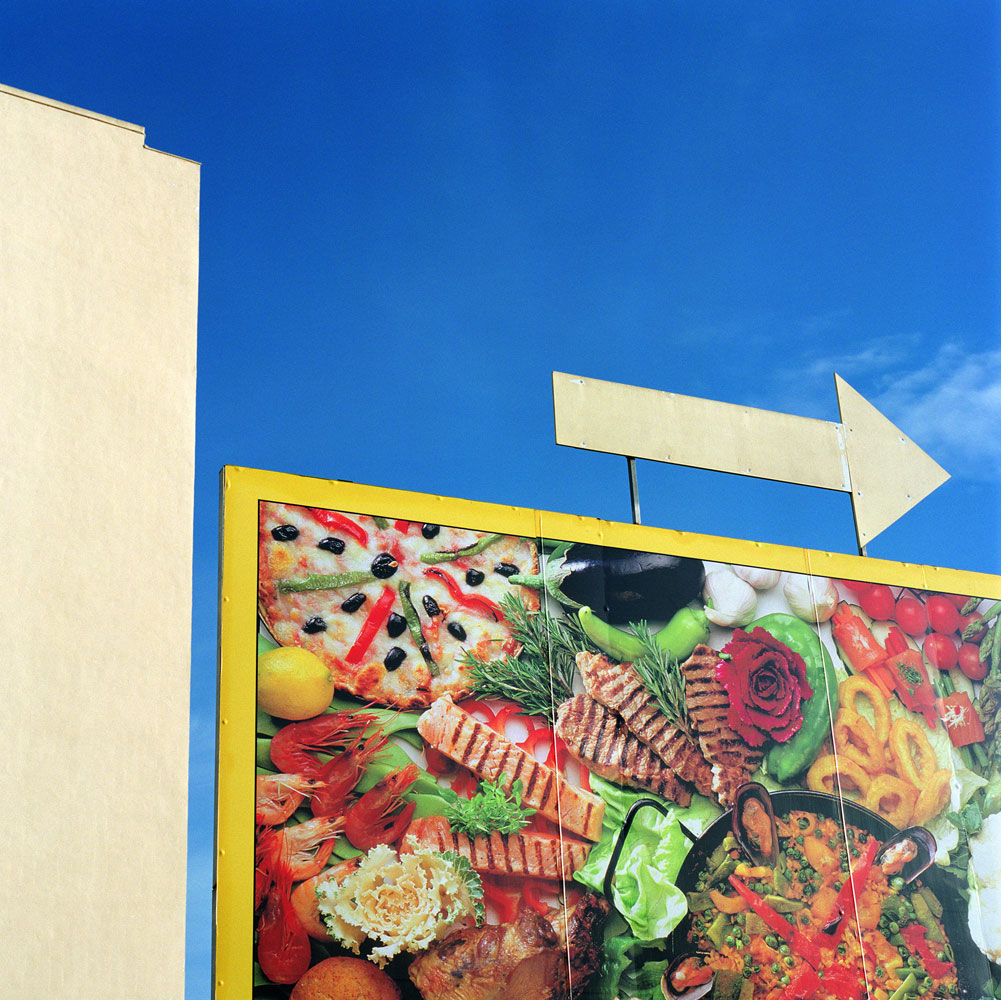Robert Harding Pittman | ANONYMIZATION (1999 - 2012)
Robert Harding Pittman | ANONYMIZATION (1999 - 2012)
All across the world, a uniform, homogeneous model of development, inspired by Los Angeles style urban sprawl - consisting of massive freeways, parking lots, shopping malls and large-scale master-planned communities with golf courses - is being stamped onto the Earth's topography. With this anonymous, soulless type of development come the destruction of the environment, and also a loss of culture and roots, as well as alienation. This globalized model of architecture does not respect or adapt itself to the natural or cultural environment onto which it is implanted. Pittman began his work on ANONYMIZATION in Los Angeles. He then spent well over a decade traveling around the world photographing the spread of “L.A. style development” to Las Vegas, Spain, France, Germany, Greece, Dubai, and South Korea. The world was in the midst of a construction boom when the project began. By its end, this excess had led to the global economy’s crash and most cranes had come to a screeching halt.
Format:
Photo / Video
